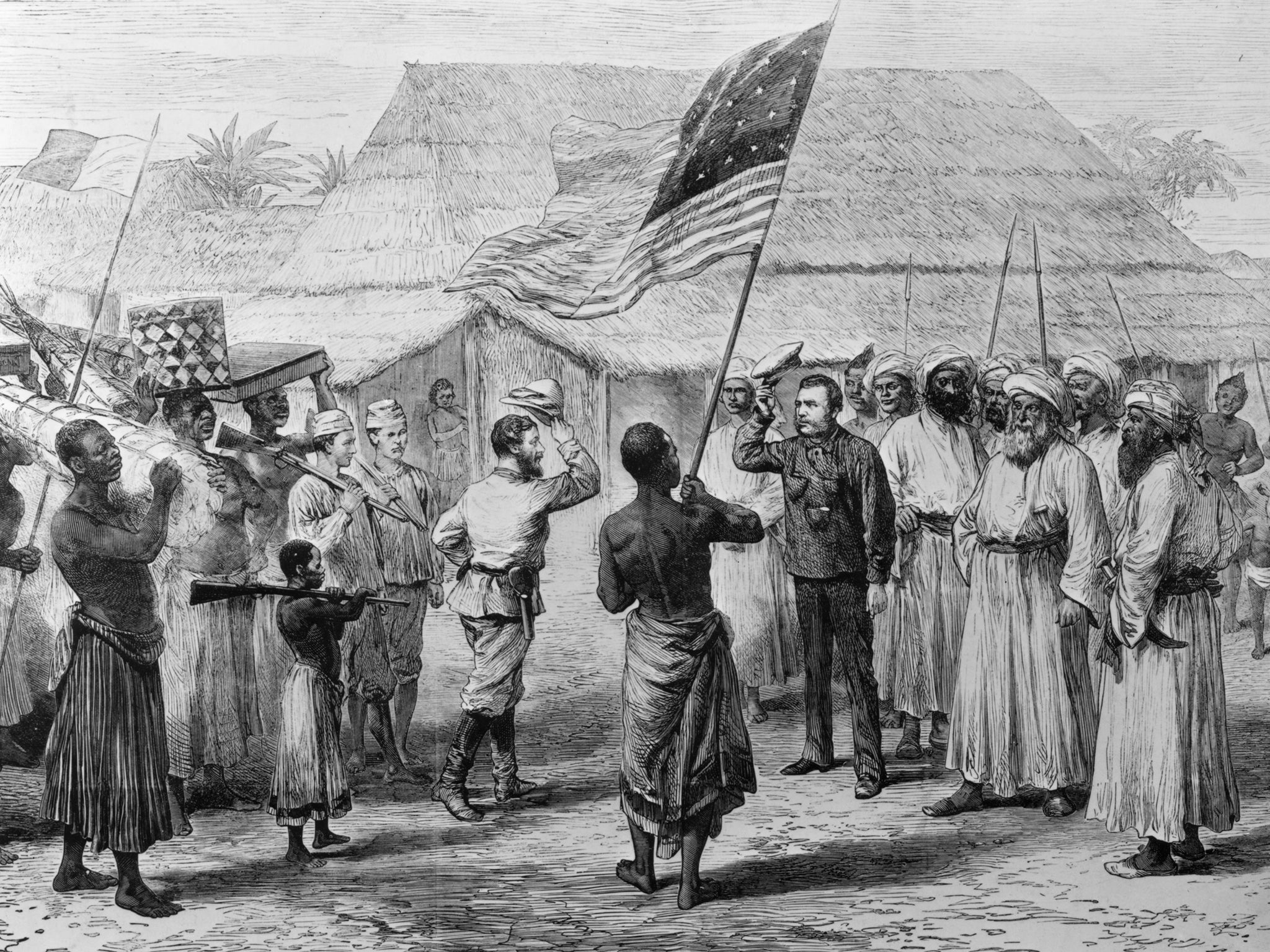‘Dr Livingstone, I presume?’: Today marks the 150th anniversary of one of the greatest scoops ever reported
The day the dogged Henry Stanley found explorer David Livingstone in Tanzania has passed into folklore, writes David Harding, with sceptics still digging over the details of what happened between the pair


Today, 10 November, is the 150th anniversary of one of the greatest foreign news scoops ever reported.
It was not only breaking 1871 news, but was one of the great Victorian tales of derring-do (and disregard for many others), which has long passed into folklore.
It was also one of the greatest foreign reporting achievements: for 10 November is the day that Henry Stanley found missionary, explorer and anti-slave trader David Livingstone in Tanzania and – allegedly – greeted him with the remark: “Dr Livingstone, I presume?”
The story of their meeting became almost immediately famous, remains so – and Stanley’s question has long passed into common usage. The tale even outlasted the newspaper which sent Stanley to Africa, the New York Herald.
Stanley was many things: an adventurer, a Welshman who fought in the US civil war for both sides, whose dad was a drunk and his mother a prostitute. He was also a journalist – and his real name was John Rowlands.
He set out on his assignment eight months before meeting Livingstone, and first filed in July 1871. In that dispatch, he admitted he was feeling suicidal. As well as foreign correspondency, Stanley may unwittingly have given birth to confessional journalism.
He survived malaria, smallpox, a mutiny and the heartbreak of his favourite donkey – called Simba – being eaten by a crocodile.
Less considered at the time was the appalling human cost of the great Victorian adventure: two-thirds of the east African porters helping him transport his equipment died or deserted before the meeting.
Like many tales surrounding foreign news ever since, not least in today’s sceptical age, the veracity of Stanley’s account has been questioned. There is much scepticism that he ever said the famous phrase; and his timing was so out on the day of the meeting that he may have met Livingstone in October – not November.
Non-fans of journalism may contend it set a template for much of foreign reporting ever since – foolhardy and untrustworthy. But he did what he vowed to do – find Livingstone – and others might argue that it shows a reporter’s determination to find the story.
Yours,
David Harding
International editor






Join our commenting forum
Join thought-provoking conversations, follow other Independent readers and see their replies
Comments